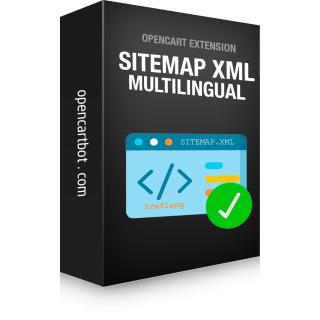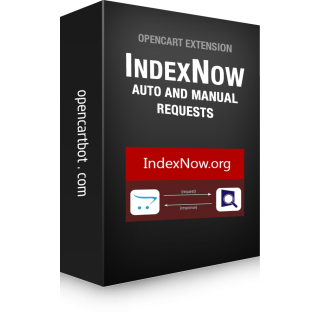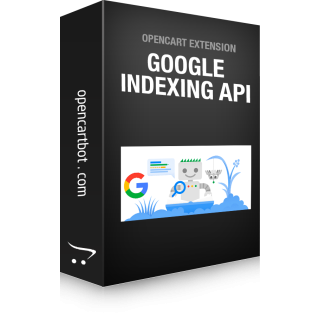First, let's figure out what crawling and indexing of a site by search engines is. Crawling and indexing are two important steps of SEO that are performed by search bots (like Googlebot, Bingbot, etc.) to include your site's content in their database. These are two interrelated but different processes.
Site crawling is the process by which search bots go to your website, looking at each page and collecting information about its content, URL links, and other important attributes. When crawling, bots determine which pages on your site should be indexed and which are of low quality or are not allowed to be crawled or indexed by the site owner.
Site indexing is a process that occurs after crawling, when search bots store the collected information in their database, that is, in the index. This allows the search engine to effectively search for information on the pages of your site in response to user queries and show your pages in search results.
You can allow or disable crawling and/or indexing of certain pages. This can be done in several ways: in the robots.txt file, in HTTP page headers using the X-Robots-Tag header, and in the "robots" meta tag. Google also allows you to block part of the page content from indexing using the data-nosnippet html attribute. For more information about managing crawling and indexing, see your search engine documentation.
How to speed up crawling of a new site?
New or “young” sites, as they say in SEO slang, need to work hard to get on the search bots’ checklist. In order for robots to come to your site faster, you need to give them signals, these could be links to your site on social networks, mentions in popular media and links on other websites that are already actively crawled by search engines.
You need to make competent internal linking, that is, links between your pages, because this is one of the main arguments by which the importance of pages and their static weight are determined. Also, when scanning, the bot collects all URL links found on pages in order to go to them and “read” their contents. Therefore, you must connect the pages together in logical chains, adding links from one page to another. It should be remembered that the bot will not be able to find pages without internal links if you do not pass them by other methods, but even if the bot finds out about such pages, the probability of them getting into the index is very small, because their internal weight is close to zero.
Take care to optimize page loading speed, as this directly affects crawling speed. Optimize images, minify CSS and JavaScript files, and use caching to make your site load faster.
If you have a large website, make sure you have an XML sitemap, that is, a list of page URLs that you want to report to search engines. This will allow them to find new pages on your site faster than by scanning pages for internal links.
Another, fastest way to ensure that a website is crawled by search bots is to use a special search engine API, which allows you to report new site pages or new content using signals through the site’s interaction protocol with the search engine. In Google this protocol is called Web Search Indexing API, in Bing there is a similar one - IndexNow. You can also do this manually through the webmaster panels Google Search Console and Microsoft Bing Webmaster Tools. The way this method works is that you send URLs that need to be crawled and indexed to a special server that receives your requests and queues them for search bots.
How to speed up site indexing?
The most important thing you need to remember is to make high-quality, unique and useful content, then the result will not be long in coming. Publishing regular, interesting and valuable content will encourage search engines to index your site more often. But you can also help bots detect changes on your site using the aforementioned Indexing API and IndexNow protocols. We have developed special extensions - modules that allow you to do this in online stores developed on the OpenCart CMS. Check out the Google Indexing API and Bing IndexNow extensions.
Share your content via social media. This will allow search engines to discover your pages faster through social activity signals.
Get inbound links from authoritative sites in your niche. This will help your content get indexed faster as search engines are more likely to reach your site through these links. But do not abuse this method; links to the site must be organic and fit into the theme.
Content authorship also plays an important role in indexing. If your articles are credited and your content is often cited, linked, or retweeted in other media or social media, it can help increase your site's authority in the eyes of search engines. The importance of content authorship is also confirmed through factors such as author information, biographical information, links to other works of the author, etc. For example, in the case of news articles, the name of the journalist or author is often included, which can affect the perception of the content as authoritative and relevant to search engines. Authoritative and valuable content can have a positive impact on how search engines index your pages.
Use our tips and information on search engine documentation, then you can speed up the crawling and indexing of your site by search bots and improve its position in search results.







